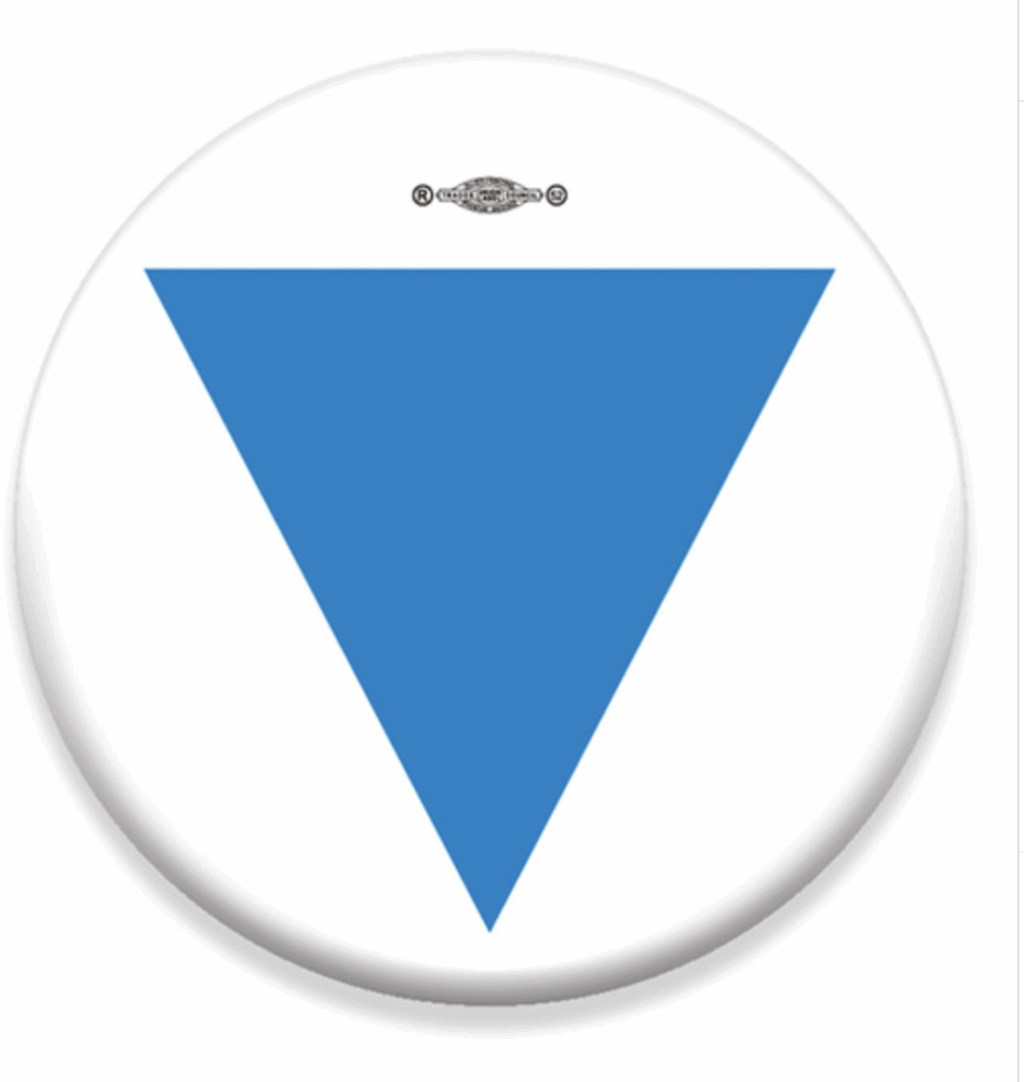Opinion: Blue Triangle Symbolizes Immigrant Solidarity

Photo: Instragram / Witness at the Border
In the face of escalating anti-immigrant rhetoric and policy, a growing movement has launched the Blue Triangle Solidarity Campaign. Activists at Witness at the Border and over 40 allied organizations are reclaiming a historical symbol of persecution and bringing a powerful visual reminder of this injustice to rallies, marches, and social media, calling on all of us to stand in solidarity with immigrants.
Supporters are asked to wear a button with an inverted blue triangle, once a Nazi classification mark forced onto migrants in concentration camps. Like the pink triangle used to brand queer people in Nazi Germany and later reclaimed by LGBTQ+ activists, the blue triangle stands as a reminder that the crimes of history echo into the present and we must respond to the urgency of the moment.
This campaign is not just symbolic. It’s a warning. The Holocaust did not begin with gas chambers; it began with language, laws, and identification. Activists like Lee Goodman, who wears a replica of a concentration camp prisoner’s uniform with a blue triangle attached, is clear-eyed in his call: “It is appropriate and important to point out the connections between what is happening to migrants now and what has happened in the past.” Persecution doesn’t always come in the same form, but it often comes from the same place; fear, ignorance, and the systemic stripping away of another’s humanity.
From indiscriminate ICE raids, to mass detention and deportation, to the denial of asylum at the southern border, to the dangerous dehumanization of migrants in political discourse, the U.S. is repeating mistakes that history has shown can lead to atrocities. Today, migrant families are held in for-profit detention centers, children are separated from their parents, and thousands are turned away at the border without due process. These are not distant, isolated events. They are the result of deliberate policy choices that treat migration as a threat, rather than a human right, and overlook immigrants’ essential contributions to so many aspects of our economy and our society.
To those who criticize comparisons of current policies to the Holocaust, we remind people that the Holocaust is not a single event, it is a warning. It shows us how systemic persecution begins. How violence is slowly normalized. How humanity is gradually erased.
The U.S. has its own history to reckon with: from the Indian Removal Act to the Chinese Exclusion Act to the incarceration of Japanese-Americans during WWII, to the mass deportations under “Operation Wetback.” Trump has continued this racist legacy through ICE’s continued lawlessness, family separation, and inhumane detention conditions. The Blue Triangle Solidarity campaign calls us to connect the dots and to break the cycle.
This is a time for moral clarity. It’s not enough to be vaguely sympathetic to immigrant struggles. It’s not enough to decry racism in the abstract. We must take a side. The blue triangle asks us to do just that. Wearing the blue triangle says: I see what is happening. I will not look away. I will not be silent.
To stand with immigrants is to stand with the principle that no human being is illegal. That borders must never be barriers to compassion. And that migration, forced or chosen, is not a crime, but a reality of our interconnected world.
In reclaiming the blue triangle, we are not only acknowledging the past. We’re committing to a future in which we won’t let history repeat itself.
Let the blue triangle be a signal: There is a line we must not cross.
More information including on where to find blue triangle buttons
Annique Boomsma is a resident of Amherst and a member of Jewish Activists for Immigration Justice of Western Massachusetts

Beautifully said, Annique🙏🙇♀️
Thank you, Annique!